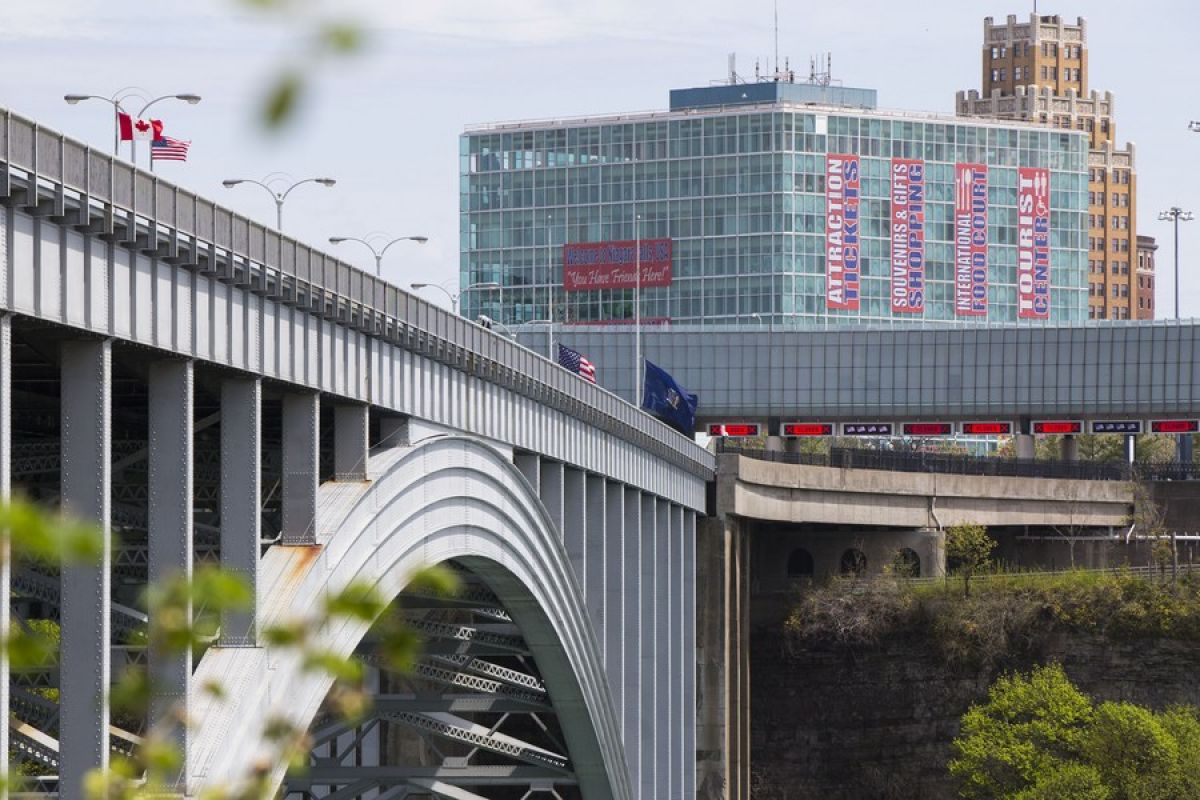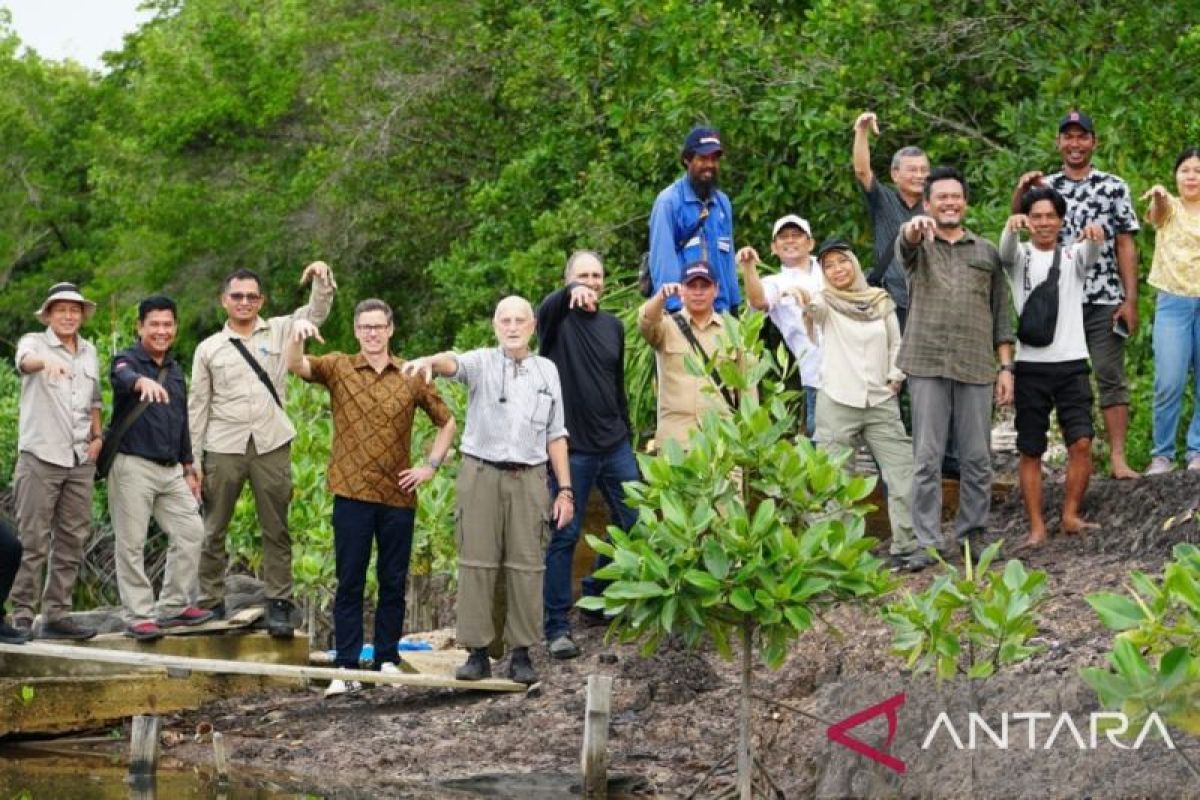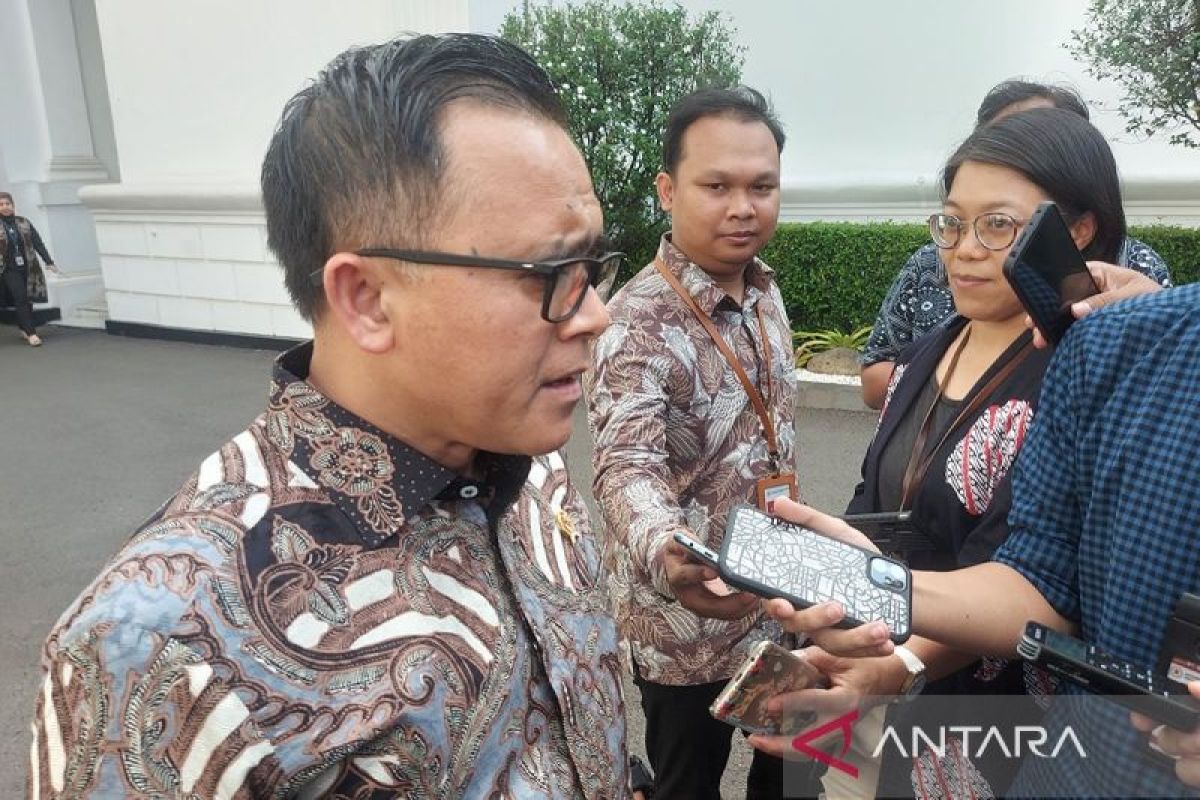The General Election Commission has launched on February 14, 2022 the election day for the 2024 concurrent elections, namely February 14, 2024. This means that the stages of the general elections have started even if the election day or the peak of its holding will only be held two years later.
For the general public, the Democrat 2024 party certainly did not experience the joy of holding it, but for the election organizers, participants, supporters and political parties, in 2022 they are already busy carrying out the first steps. which have been held since last June.
After launching the voting day for the 2024 elections, the KPU immediately decided to carry out the first stages of the election. Prior to entering the political party registration stage, the KPU has drafted and finalized a number of necessary KPU Regulations (PKPU) as technical rules, including questions on the stages of party registration policies, administrative and factual verification.
In addition, the KPU also drafted a PKPU regarding the acceptance of potential members of the DPD RI, and the KPU also dealt with the budgetary requirements of the elections.
The KPU and the Ministry of Interior cooperate on electoral lists. The list of potential voters (DP4) from the General Directorate of Population and Civil Status of the Ministry of the Interior serves as the basis for drawing up and updating the voters’ list.
The voters list data is continuously updated through the update stages, which later before election day will be determined to be the fixed voters list or DPT.
In June 2022, the KPU will launch a Political Party Information System or Sipol. The Sipol is then used by political parties to upload the administrative data needed to register political parties as candidates for the 2024 elections.
For 14 days, from August 1 to 14, 2022, political parties have the opportunity to register as candidates for political parties participating in the 2024 elections. Then simultaneously, to be precise since the registration files are submitted, the KPU immediately processes the political party’s files for administrative verification.
The KPU also said that no less than 18 political parties participating in the 2024 general election had passed administrative verification. The administrative verification phase ends on October 14, 2022.
Political parties declared to have passed the administrative check were PDI Perjuangan, PKS, Perindo, Nasdem Party, PBB, PKN, Indonesian Change Protection Party, Democratic Party, People’s Wave Party Indonesian Party, Hanura Party, Gerindra Party, PKB, PSI, PAN, Golkar, PPP, Labor Party and Ummat Party.
There are three categories of political parties that have passed the administrative verification: first, political parties participating in the 2019 elections that have crossed the parliamentary threshold (PT) or political parties that have seats in the RPD RI up to nine political parties .
Second, the political parties participating in the 2019 elections that were not eligible for the PT or did not have a seat in the RPD RI, namely five political parties. The third category of political parties, namely new political parties up to four political parties declared eligible.
As is known, there was a decision of the Constitutional Court against the judicial review of the electoral law number 55/PUU-XVIII/2020 which stated that the factual verification was no longer carried out on the political parties that passed the PT category.
Thus, of the 18 political parties that passed the administrative verification, only 9 political parties took part in the factual verification stage. Factual verification includes verification of management at central, provincial and city-district levels, verification of political party offices at central, provincial and district/city levels.
Then, it also includes verifying membership of urban districts that are registered and declared eligible for registration requirements in politics.
The various stages of the registration of political parties as candidates for the 2024 election have resulted in the determination of the political parties participating in the election and the drawing of order numbers which will take place on December 14, 2022.
Prior to the determination and drawing of political party serial numbers, the government issued government regulations in lieu of laws (Perppu) for elections to accommodate a number of regulations necessary for the implementation of the 2024 election. One of them, the Perppu has implications for the drawing of serial numbers for political parties participating in elections.
The Perppu contains significant changes to Article 179, paragraph (3), regarding the serial numbers of political parties that reach the national threshold for acquiring votes for the 2019 DPR election and have been declared participants in the elections.
These political parties can use the same serial number in the 2019 elections or participate in the determination of the serial number of the political parties participating in the election which is carried out by lot during the open plenary session of the KPU.
At the time of the serial number draw, political parties participating in the 2019 election that became participants in the 2024 election elected to use the same serial number as before.
The political parties are PKB with serial number (1), Gerindra (2), PDI Perjuangan (3), Golkar (4), Nasdem (5), PKS (8), PAN (12) and the Democratic Party (14) . Meanwhile, Garuda Party, Hanura, PPP, PSI and Perindo have chosen to participate in the serial number draw
Garuda Party from serial number 6 in the 2019 elections to serial number 10, Hanura from (13) to serial number (10), PPP from (10) to (17) and PSI from (11) to (15) , and Perindo from serial number (9) to (16).
Then the new political parties or those which are not political parties in the 2019 election and declared to have passed as participants in the 2024 election i.e. the Labor Party get the serial number (6 ), Gelora (7), PKN (9), and PBB with serial number (13).
In addition to fixing serial numbers, the Perppu also contains a number of rules necessary as a legal basis for holding elections which were not regulated in Law Number 7 of 2017 relating to elections.
The Perppu inserted a section between Section 10 and Section 11 in Act Number 7 of 2017, namely Section 10A regarding the establishment of the Provincial KPU in Papua New Guinea which is contained in the Electoral Perppu . Similarly, the insertion of an article between article 92 and article 93, namely article 92A concerning the provincial Bawaslu in the new autonomous region of Papua.
Then there is also the addition of a paragraph in Section 117, namely paragraph (3) regarding the age requirements for the sub-district/village supervisory committee and TPS supervisors. Then, the insertion of a paragraph between paragraphs (2) and (3) of the article, namely paragraph (2a) concerning the conditions of management of political parties, namely the conditions of a permanent seat for the provinces of South Papua, Province of Papua, Province of the Highlands of Papua and Province of South West Papua are excluded from the requirements to participate in the 2024 elections.
The Perppu also contains changes to the normative material contained in Article 186, namely that the number of seats for the members of the DPR is fixed at 580. In law number 7 of 2017, the number of seats for the members of the DPR is 575 seats.
Article 243 contains the addition of a paragraph, namely paragraph 5 of the management of political parties in the new autonomous regions. The determination of the list of potential candidates for the members of the provincial DPRD for the 2024 election is carried out by the officials of the political parties participating in the election at the central level.
In addition, the changes to the material standards of article 276, in particular paragraph 1, which initially started the campaign 3 days after the determination of the DCT (fixed list of candidates), is now 25 days after the establishment of the DCT and 15 days after the presidential election. and the vice-presidential candidates have been determined.
Until the end of 2022, all stages of the 2024 election have gone according to the track, although the implementation is very dynamic. For example, political parties that do not qualify to participate in elections send complaints to RI Bawaslu.
One of them, the Ummah party. Bawaslu then decided to re-verify the festival and recap the verification results and determine the serial number of the Ummat festival to be held on Friday, December 30, 2022.
The KPU is also closing 2022 by establishing cooperation with the aim of improving the quality of the 2024 concurrent elections. The Indonesian General Election Commission is working with universities and scientific associations to improve the quality of holding the 2024 concurrent elections.
“The KPU cannot work alone, so it needs the support (including universities and scientific associations),” KPU RI chairman Hasyim Asy’ari said.
The KPU is also working with the Indonesian National Police in an effort to create a safe and quality 2024 general election.
National Police Chief Gen. Pol. Listyo Sigit Prabowo invites all parties to create healthy and safe elections, encourages political travel, elections, to be done really well, in a healthy way, and shows the maturity of the democracy of the Indonesian nation.
With a quality election, it is hoped that it will produce a great personality who will be elected to continue the positive steps that Indonesia has taken during this period. Indonesia is a country to be reckoned with globally, having successfully held the G20 presidency and will become ASEAN chair in 2023.

“Typical zombieaholic. General twitter fanatic. Food fanatic. Gamer. Unapologetic analyst.”







